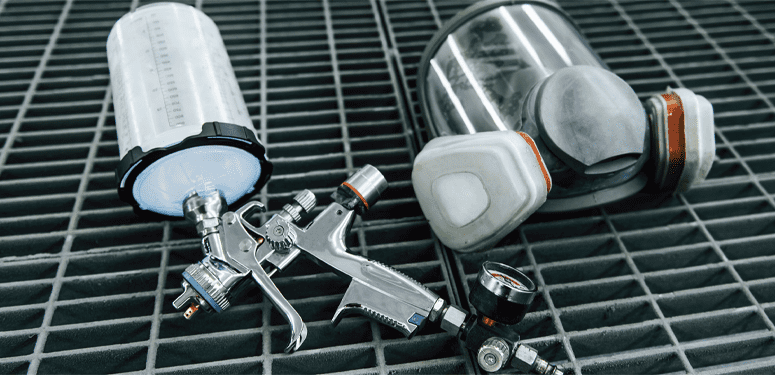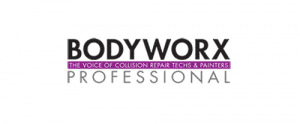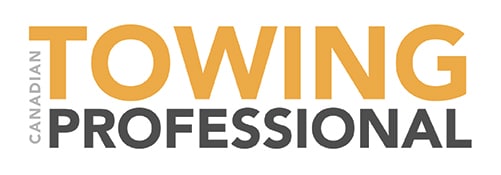WORKPLACE CULTURE IS VITAL TO SUCCESSFUL COLLISION REPAIRS
BY DEVIN LEGEBOKOFF, AUTOMOTIVE REFINISHER
Working in the collision repair industry offers a valuable opportunity to grow, learn and contribute to a vital trade. My experience, however, was marked by challenges related to a lack of support, unclear expectations, and obstacles to professional development.
It should be noted that this is not meant to be a negative commentary on the industry as a whole—I believe it is important to acknowledge that while the industry is often full of opportunities, it is equally full of challenges and there is always room to grow.
For myself, what initially seemed like a promising step in my career turned into a difficult experience that ultimately led to my termination, without cause or severance pay, in an environment where standards and accountability were often lacking.
I began my career at a public insurance-backed repair shop as a detailer, excited about the prospect of advancing into a skilled technician role. The shop had offered me an apprenticeship, and I looked forward to pursuing this opportunity. Unfortunately, the reality of the work environment quickly revealed itself to be much different from what I had expected.
One of the most significant challenges I encountered was a lack of professional development. While I was eager to learn, I was often tasked with menial duties like washing cars and wasn’t given the proper training or opportunities to develop the skills promised when I was hired. Even when I was allowed to work on vehicles, the guidance and supervision needed to foster my growth was minimal, making it hard to feel confident in my progress.
This lack of support was compounded by situations where expectations were unclear or contradictory, which created confusion and stress. I was often put in positions where I had to navigate conflicting instructions, making it difficult to perform my tasks effectively. Mistakes that occurred due to these circumstances were often amplified, negatively affecting my reputation within the shop.
As time passed, it became evident that there were systemic issues within the workplace that contributed to a challenging environment. Efforts to voice concerns or request support were met with resistance, and the atmosphere felt discouraging for anyone trying to improve their situation. The work culture seemed to discourage open communication, leaving employees feeling isolated.
The situation became particularly difficult when I encountered issues with a repair service on my own vehicle. After paying for a routine service, I received an incorrect repair that caused additional damage to my car. Not only did this error affect my personal plans, but I was also charged for a service that did not meet basic expectations. This experience highlighted a broader issue within the shop—namely, the lack of accountability and oversight that left both employees and customers dissatisfied.
Ultimately, I was terminated without explanation or severance pay, despite my commitment to the job and my desire to continue learning. The absence of clear communication and proper workplace practices left me feeling undervalued and disillusioned.
This experience has caused me to reflect on the broader challenges that exist in the collision repair industry. It’s not the work itself that is problematic, but the work culture and environment that can make it difficult for employees to thrive.
If the industry is to improve, it must focus on creating better support systems for workers, ensuring training opportunities are accessible, and establishing clearer standards for workplace conduct. Without these changes, employees will continue to face barriers to professional growth and job satisfaction.















